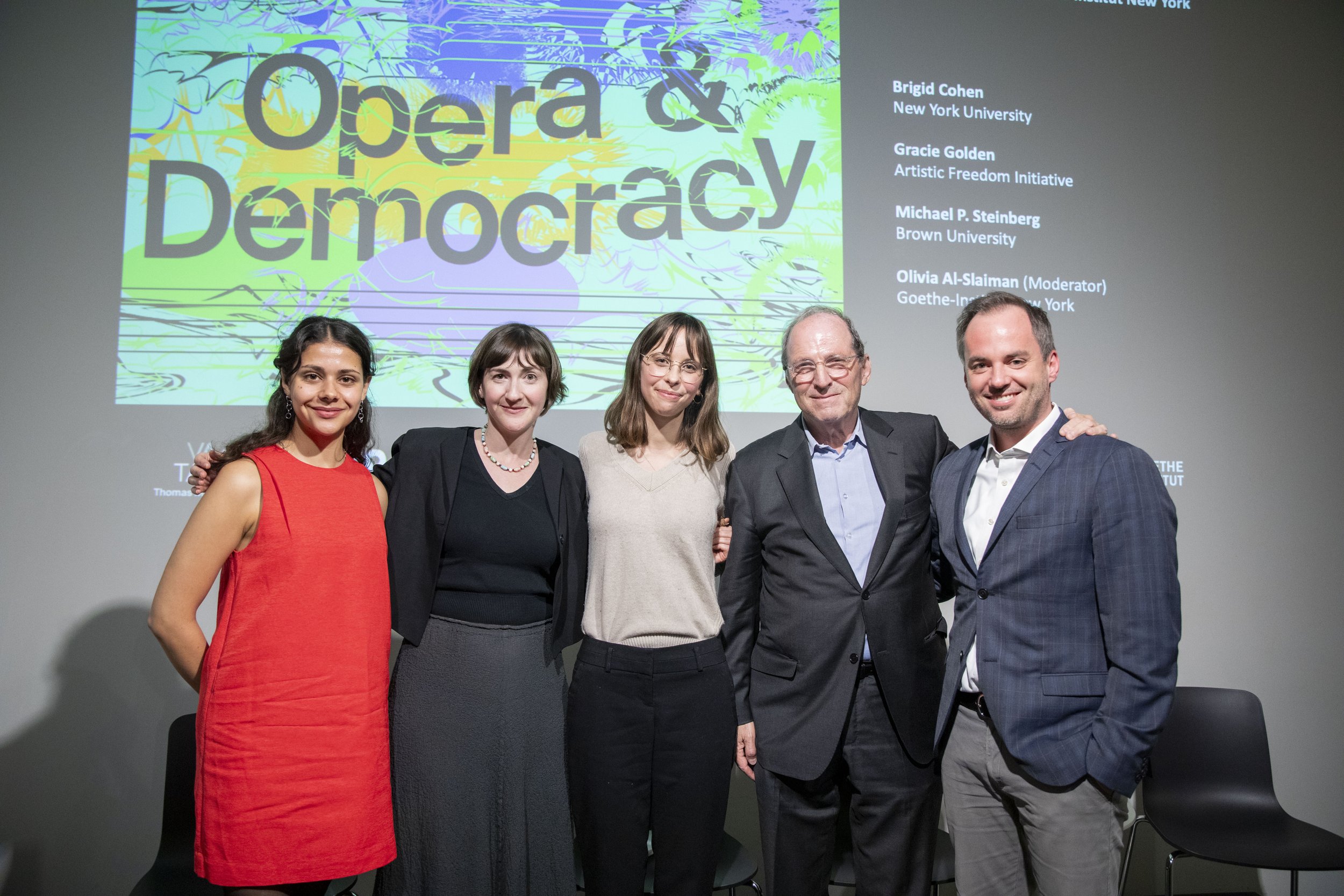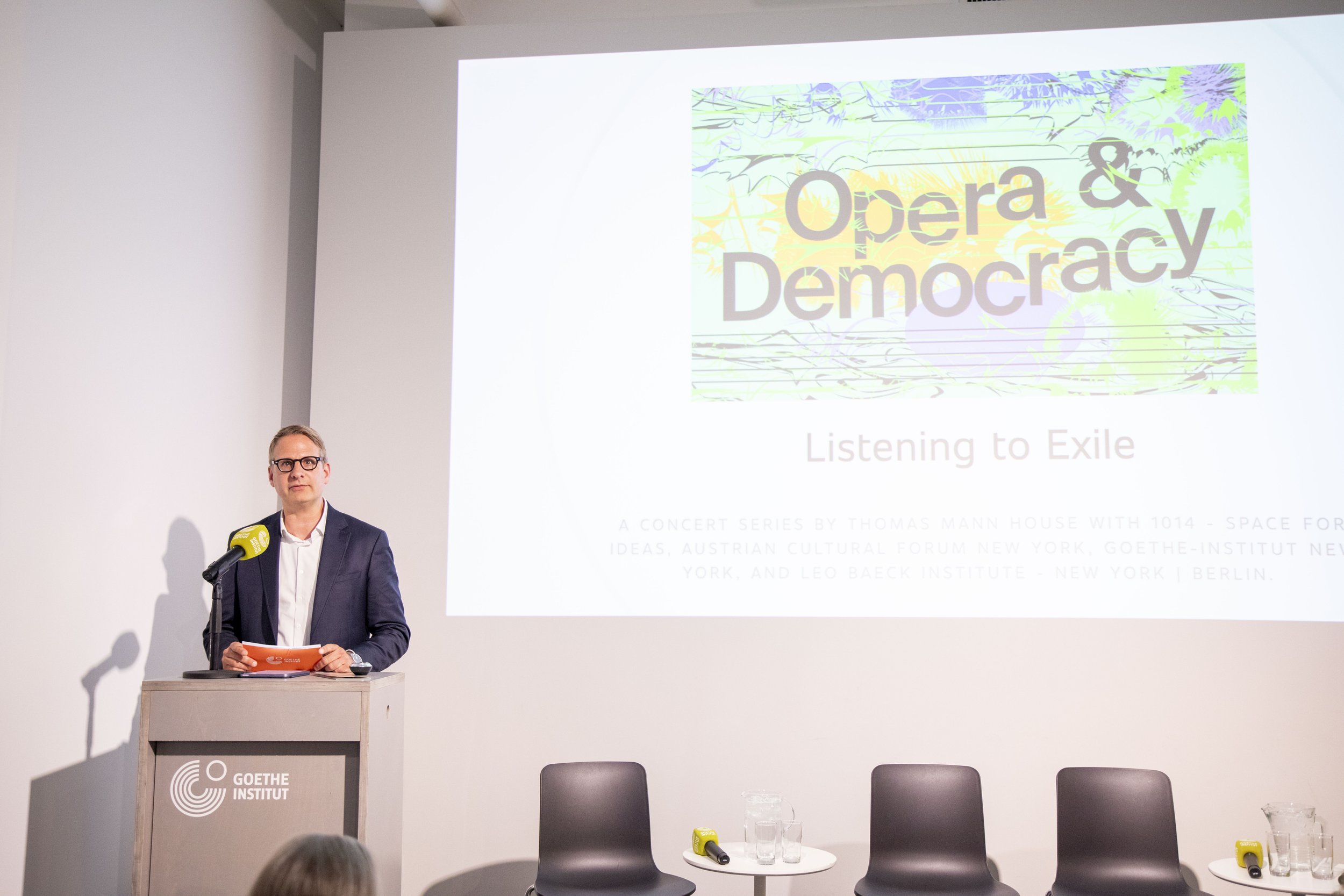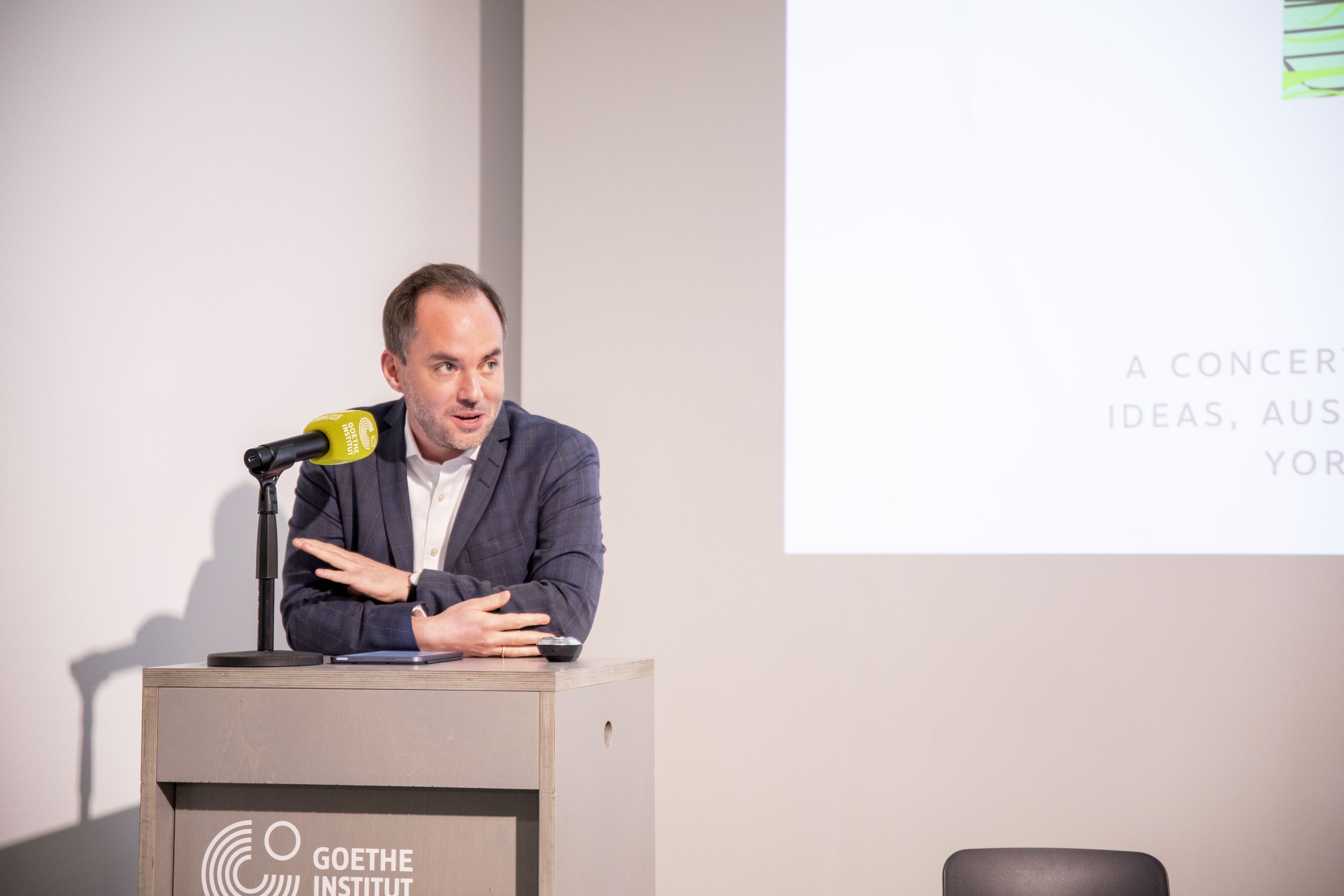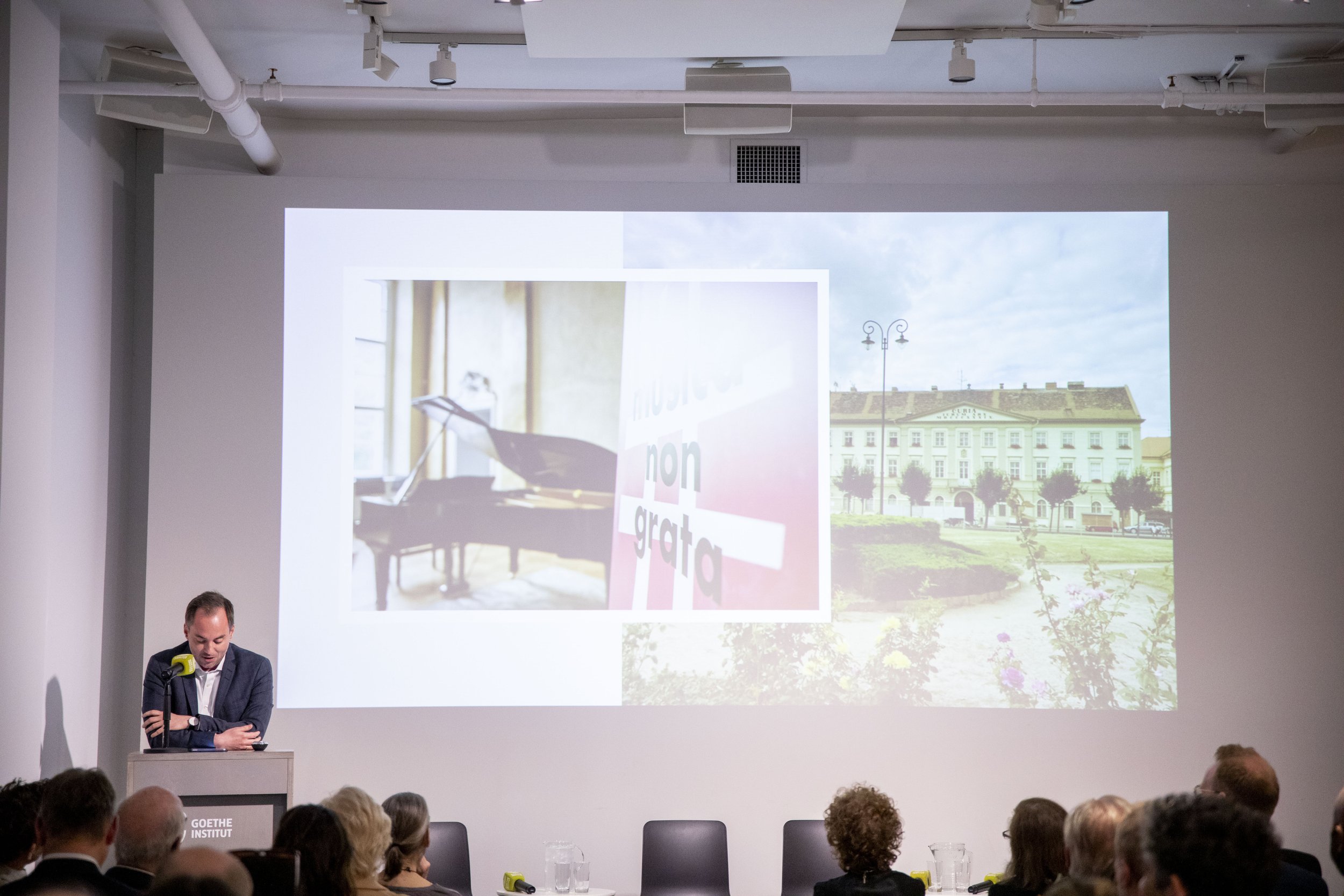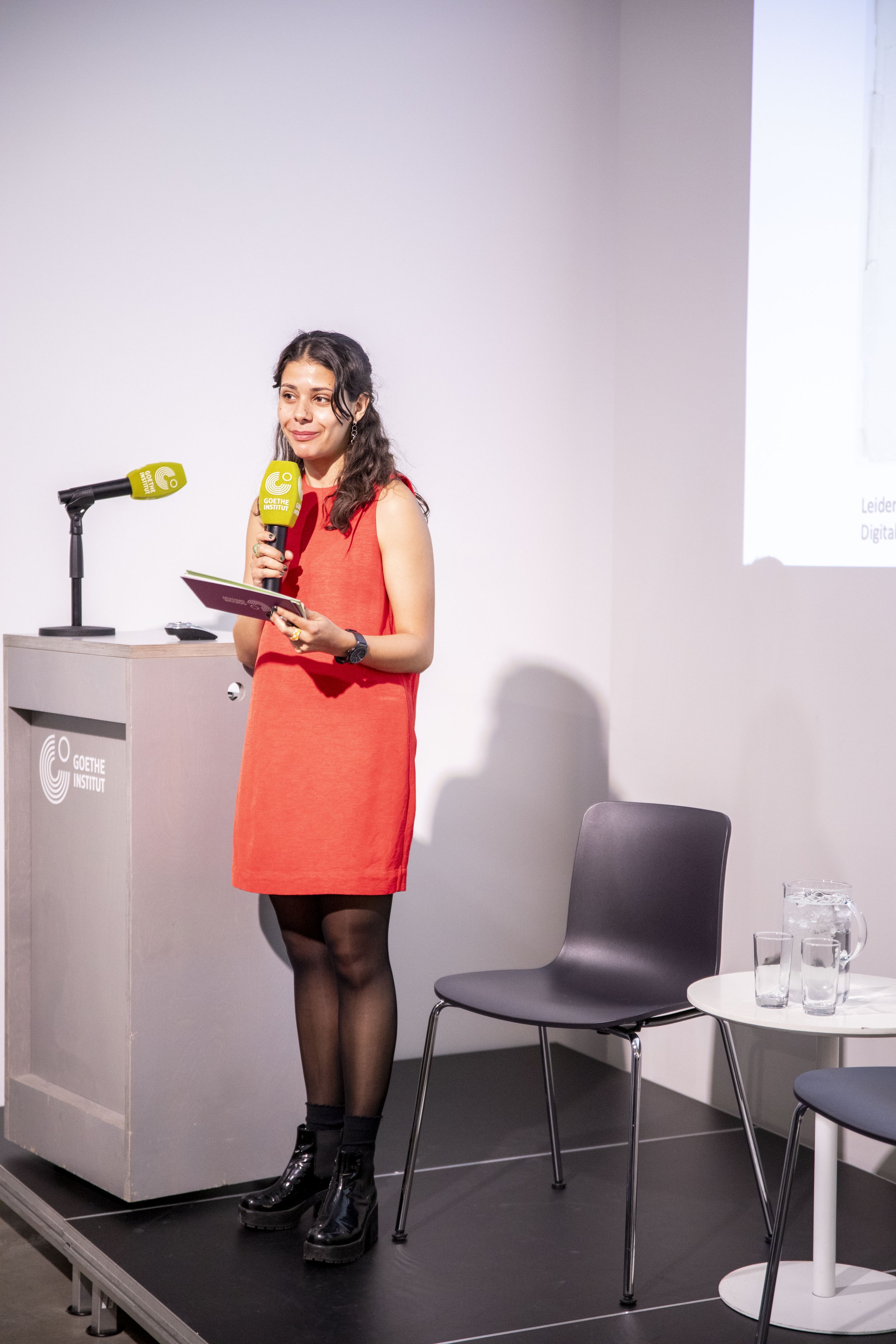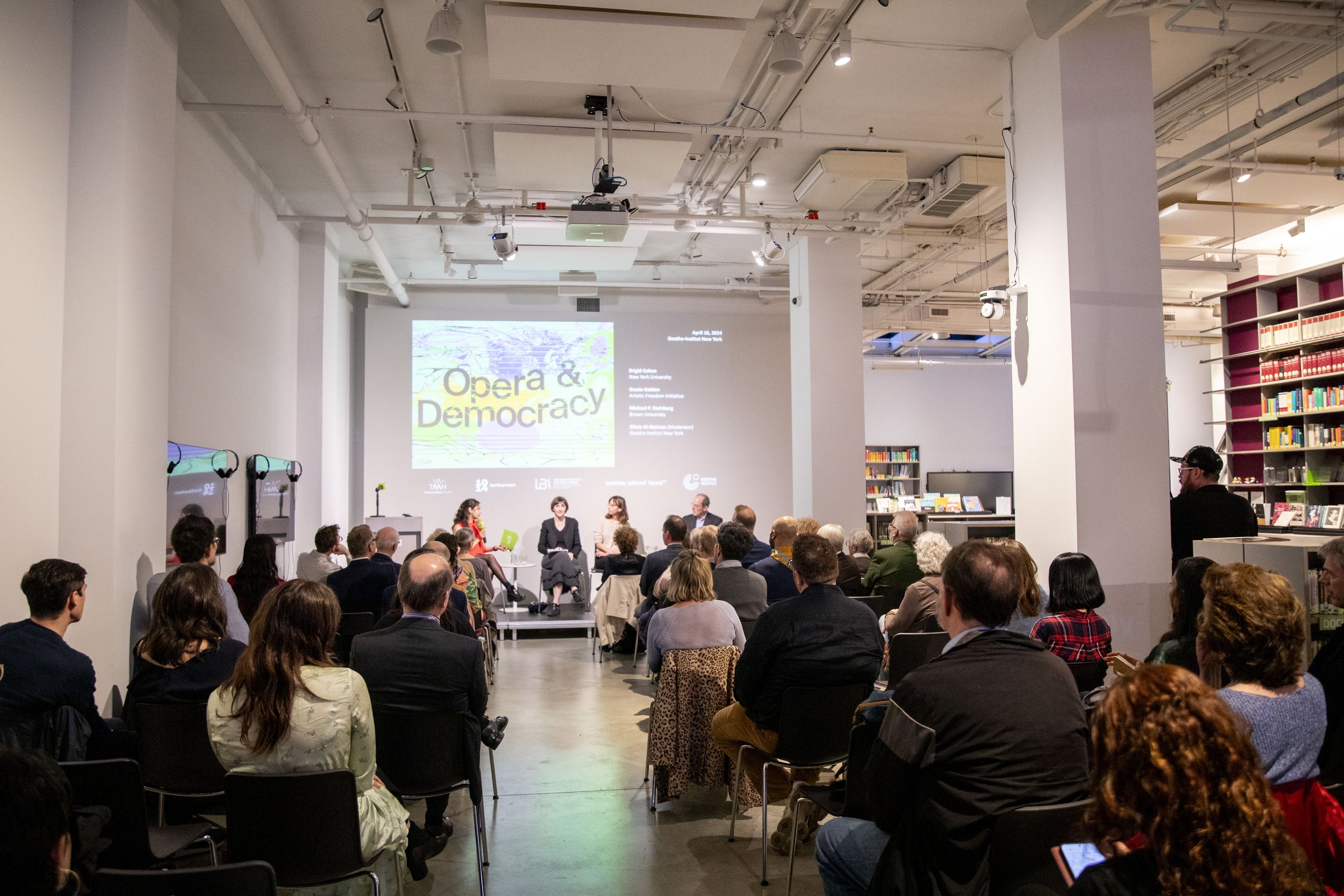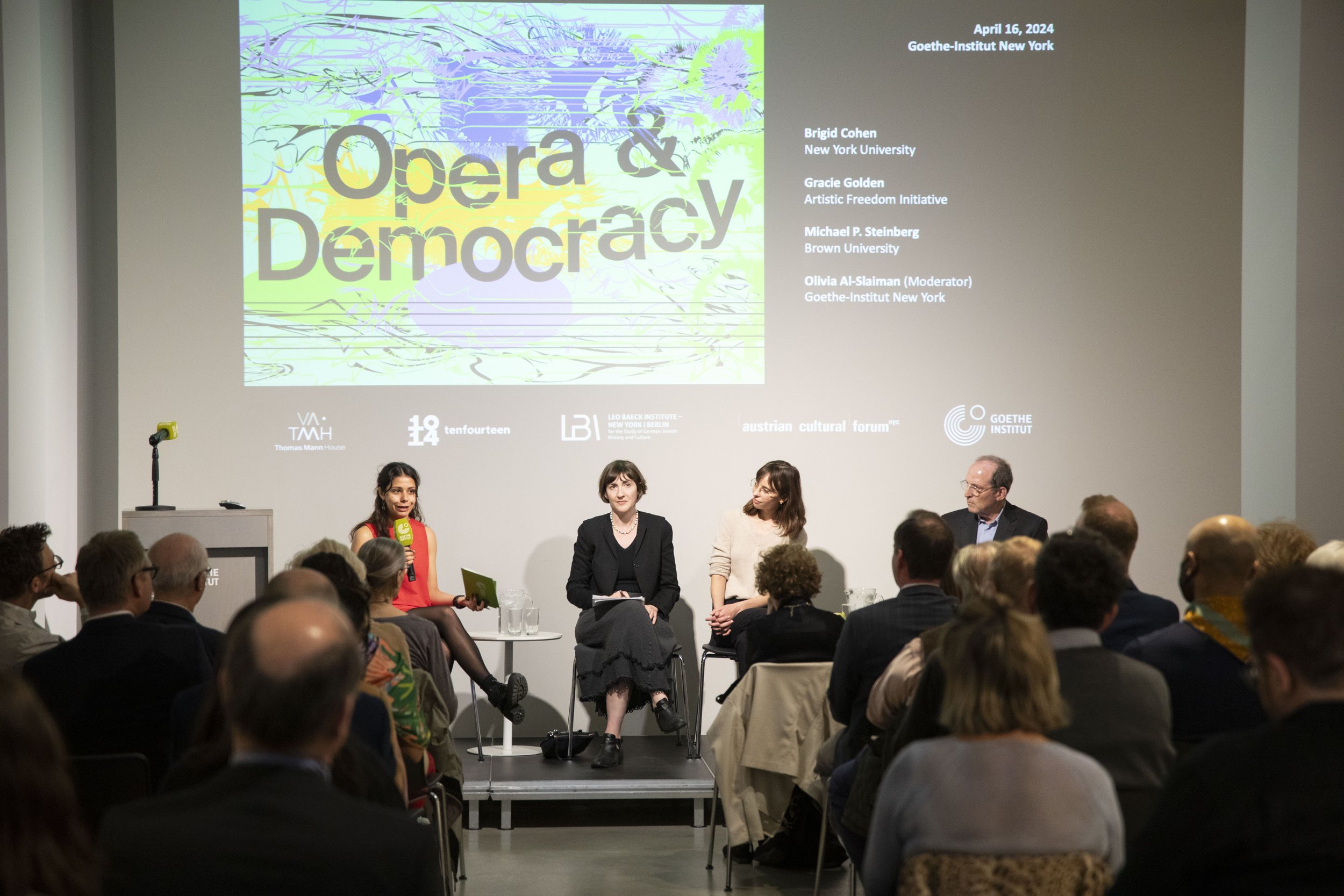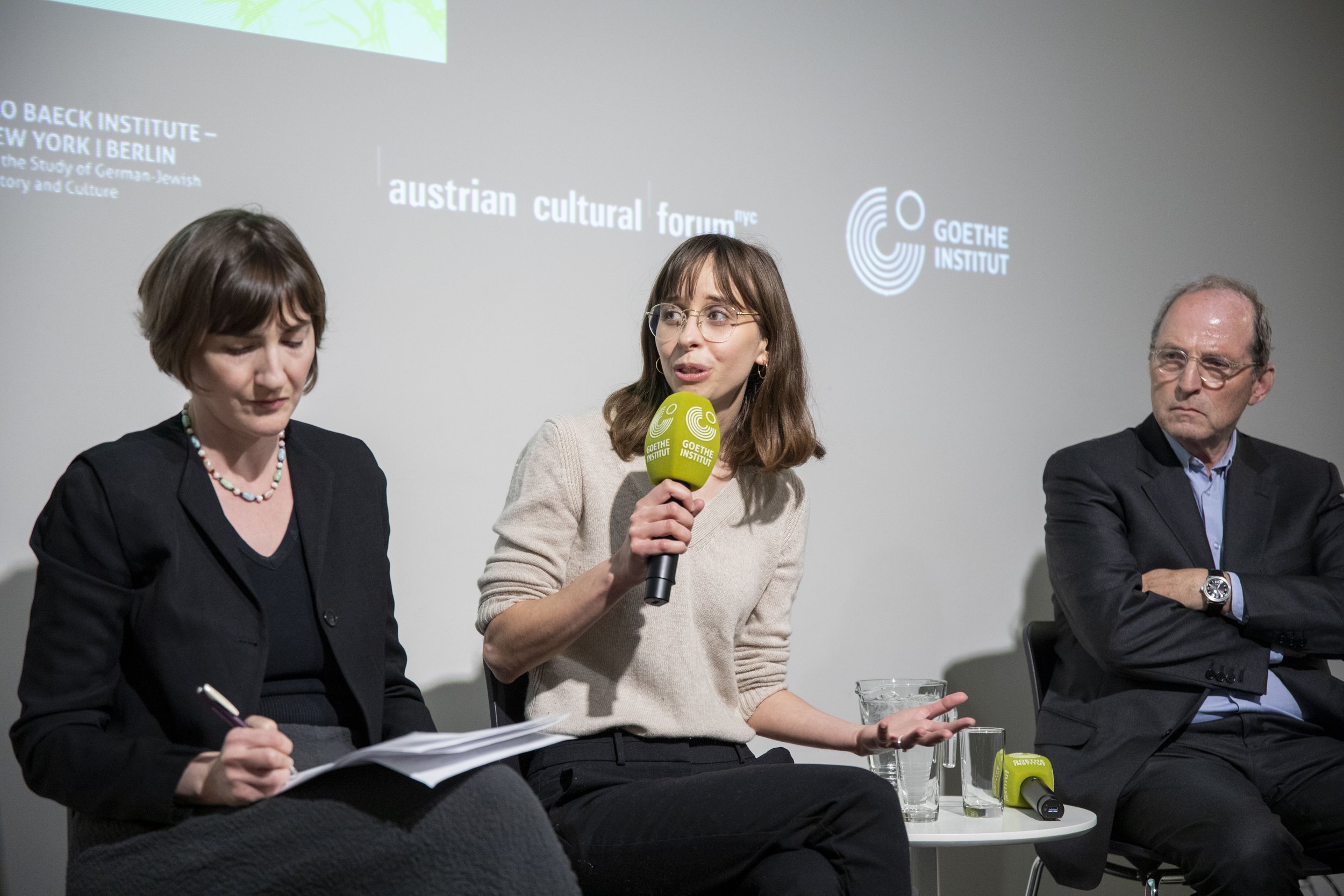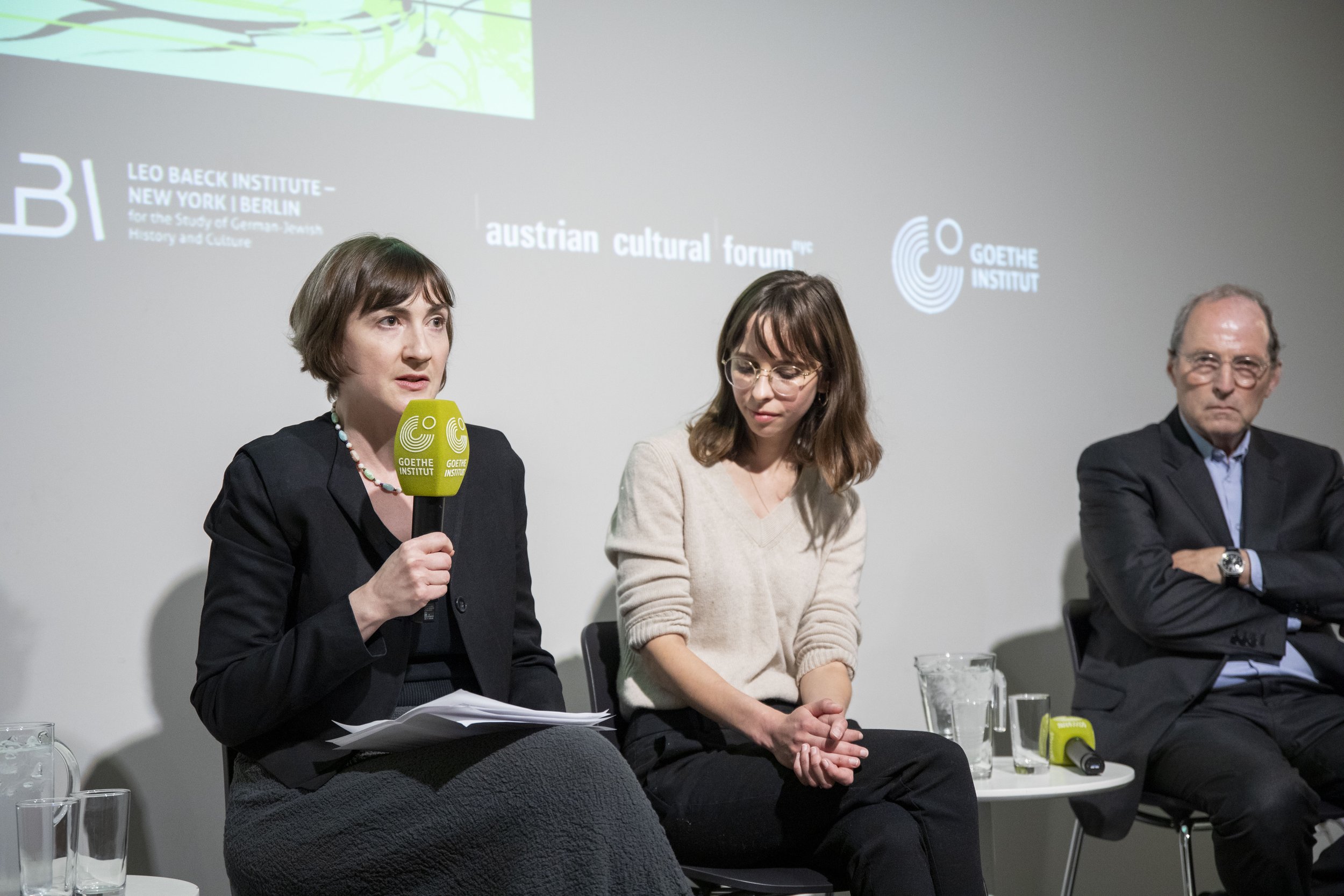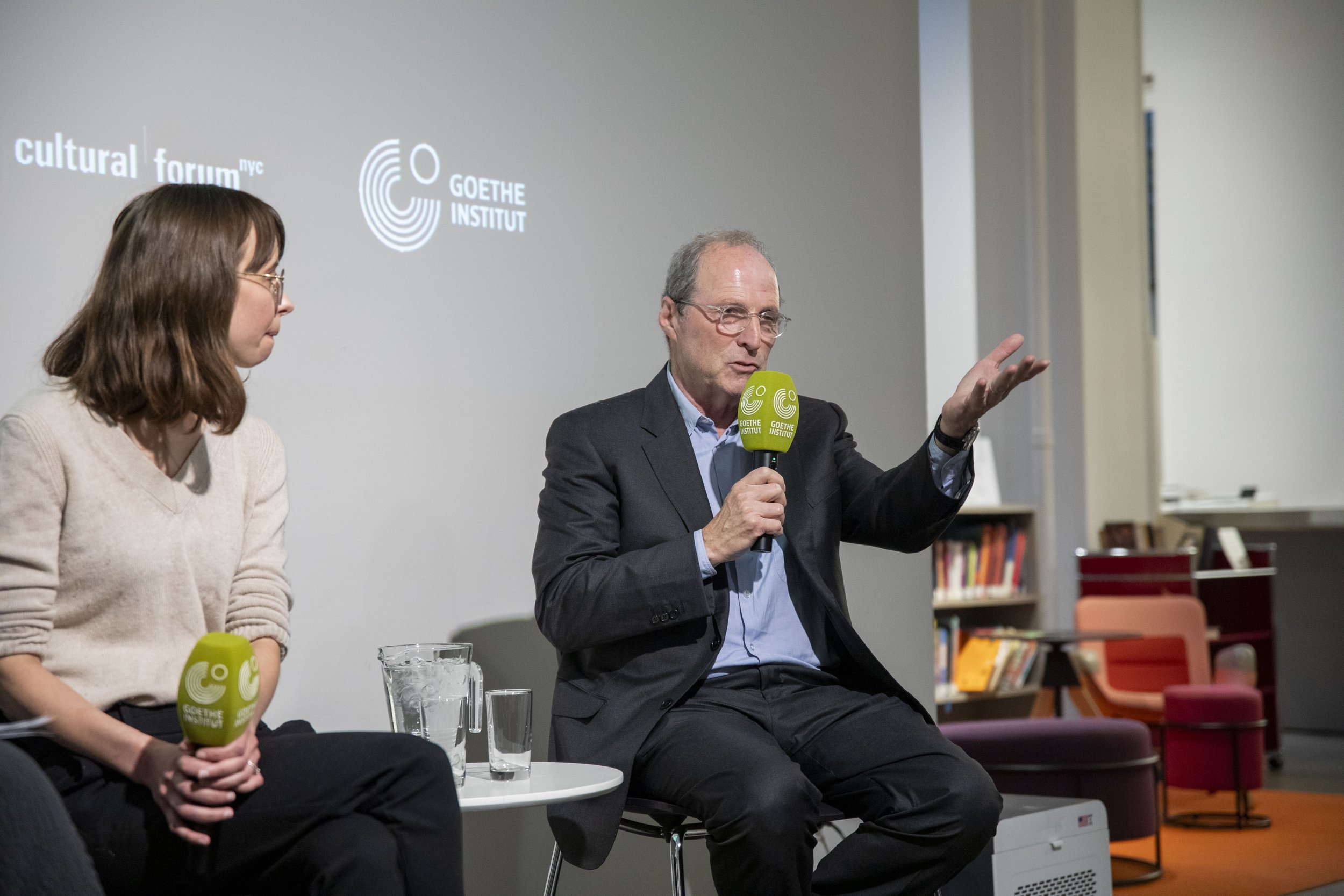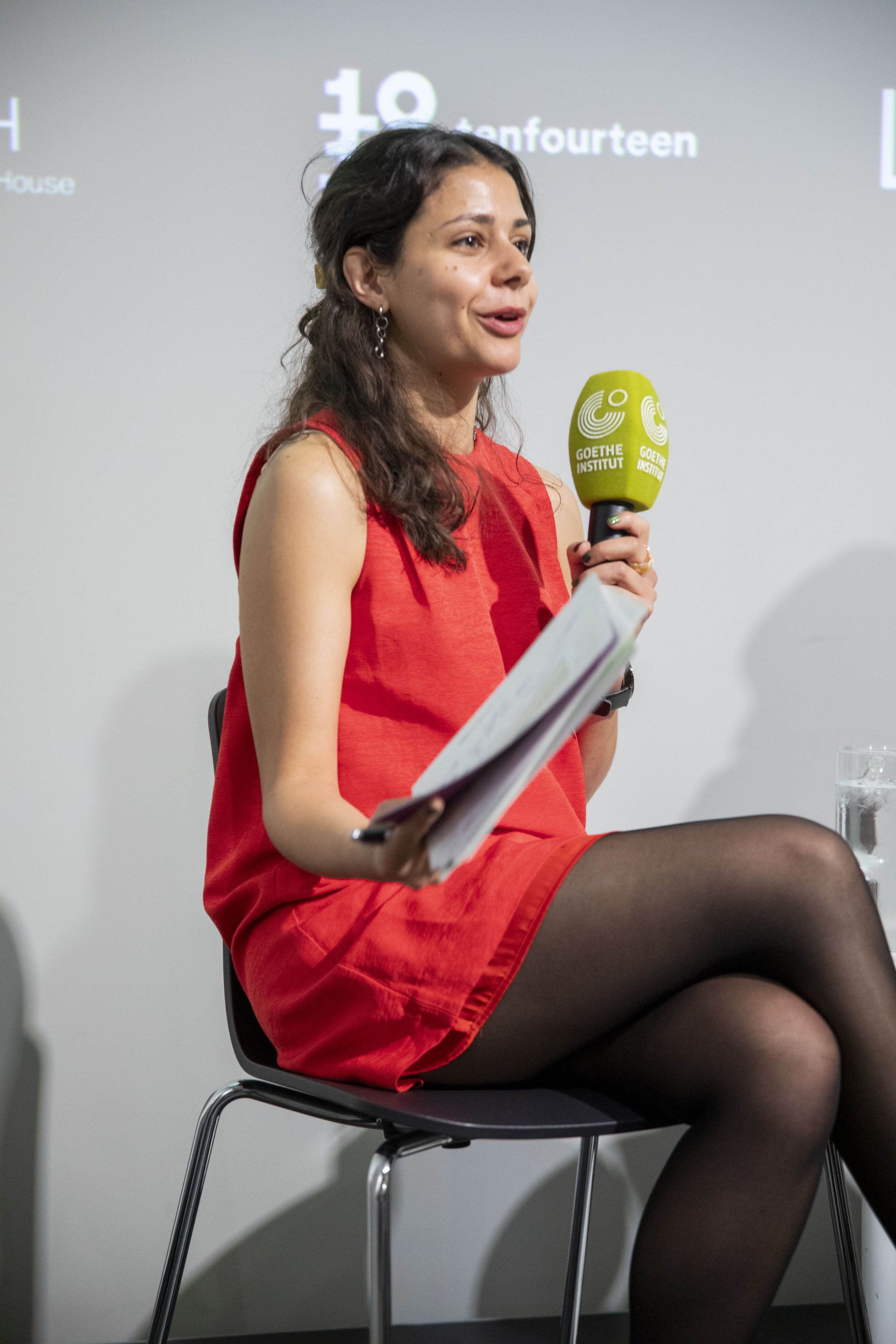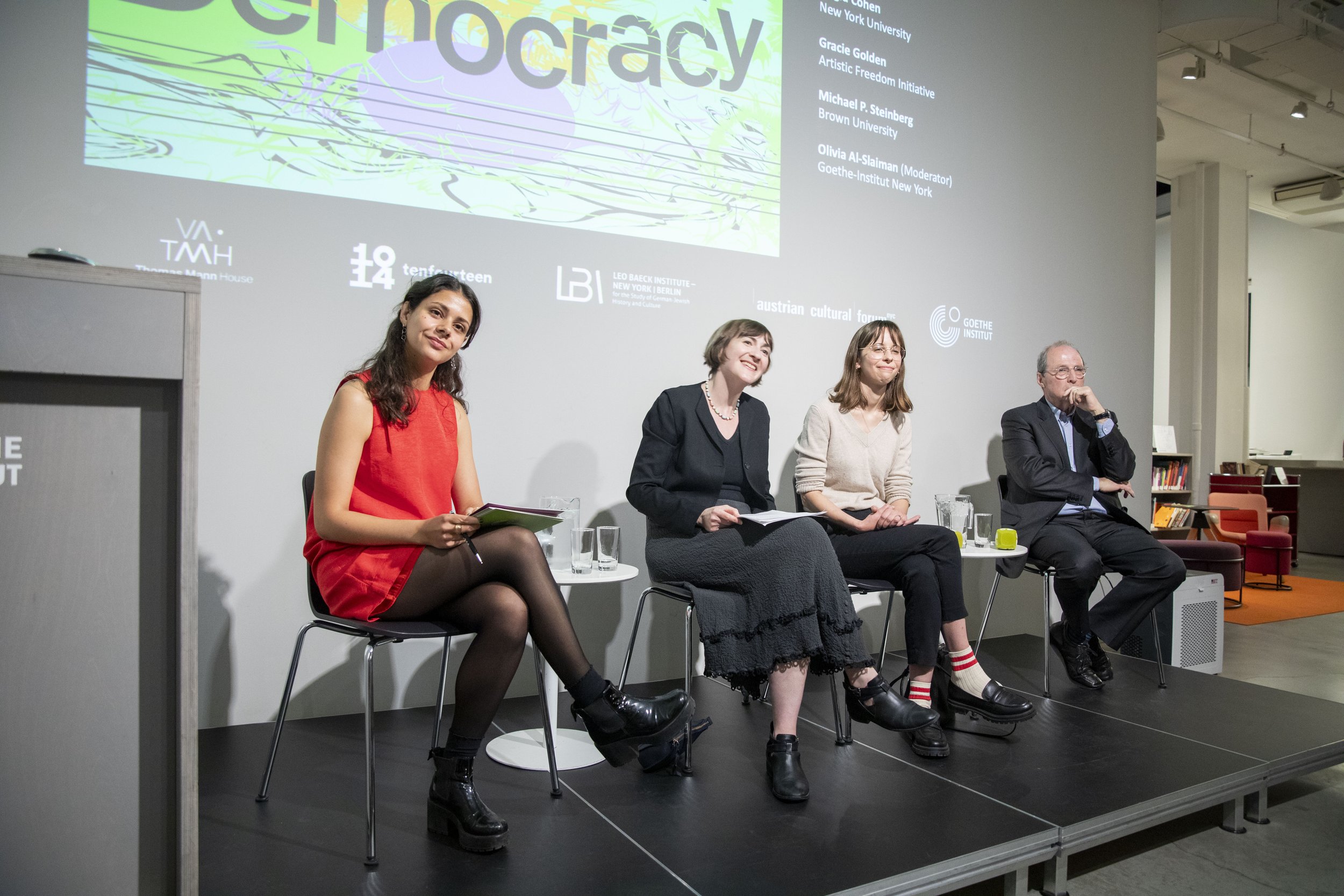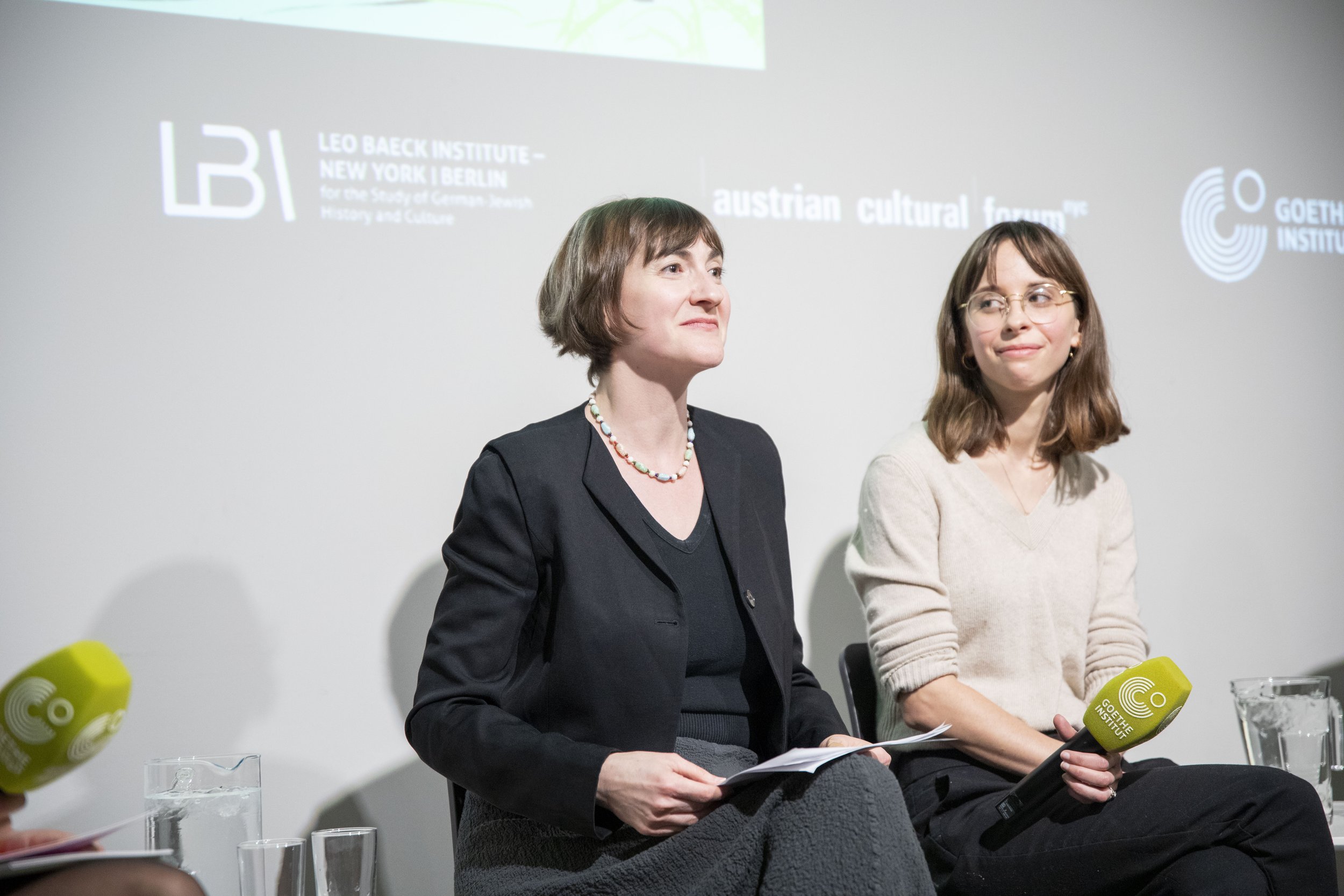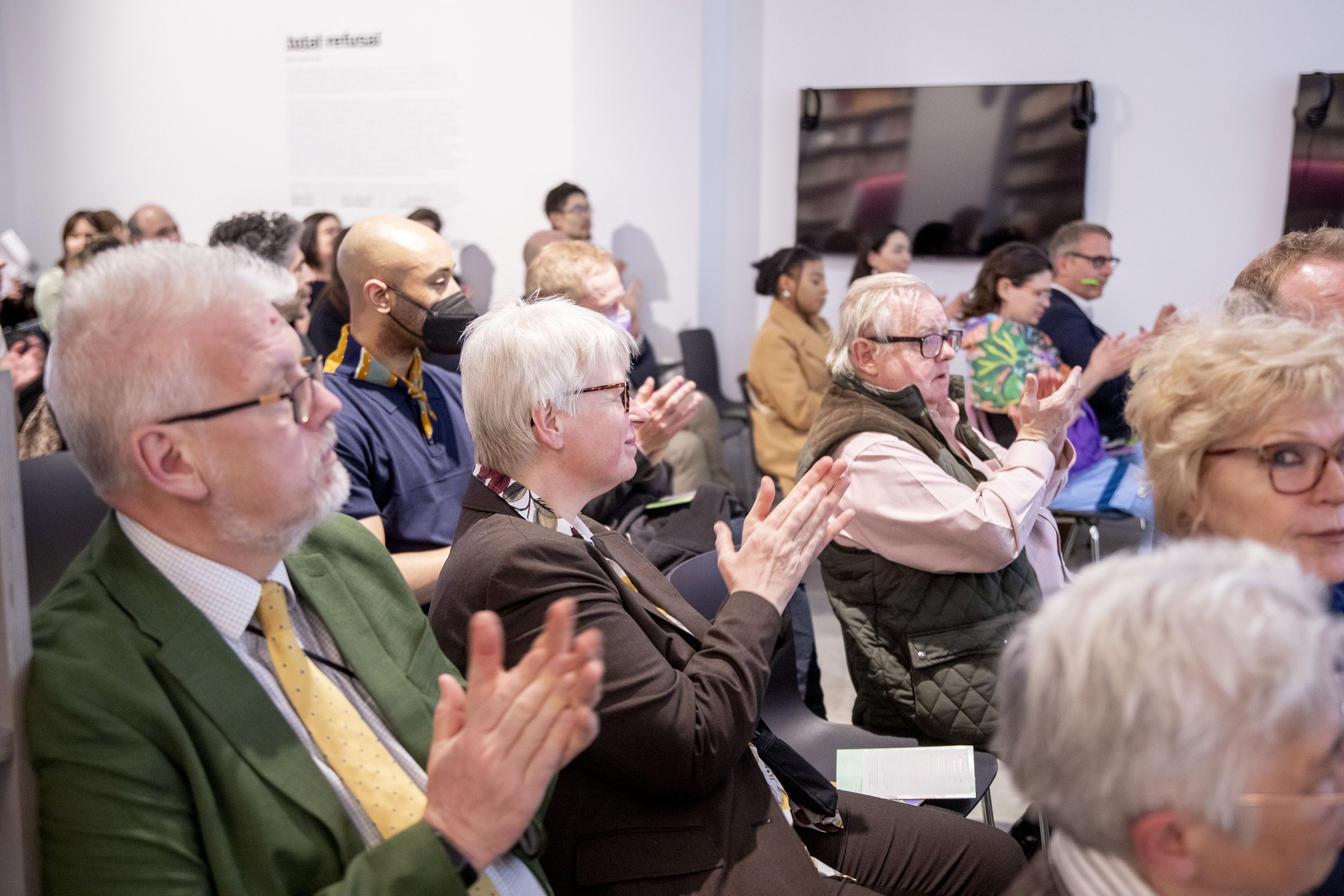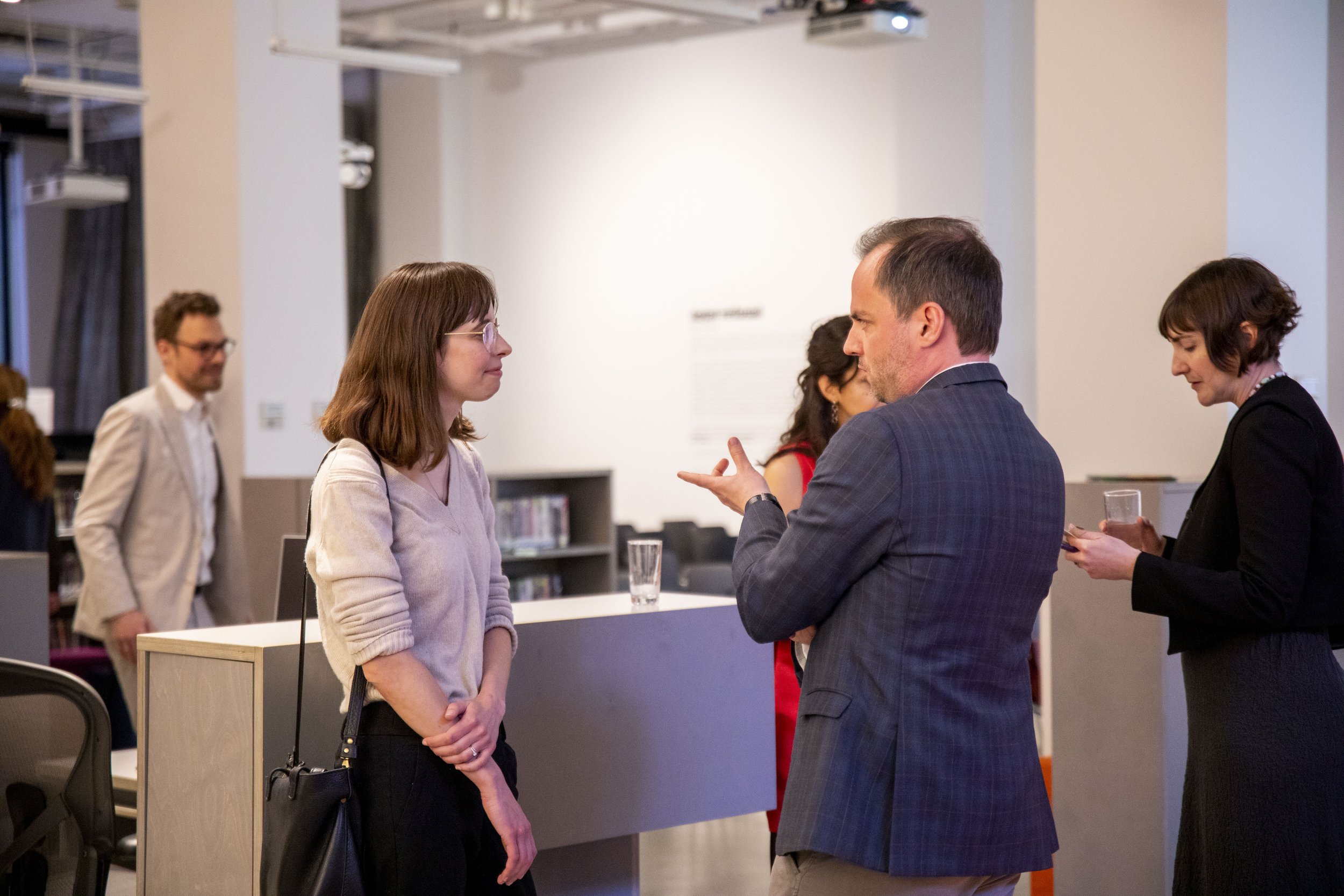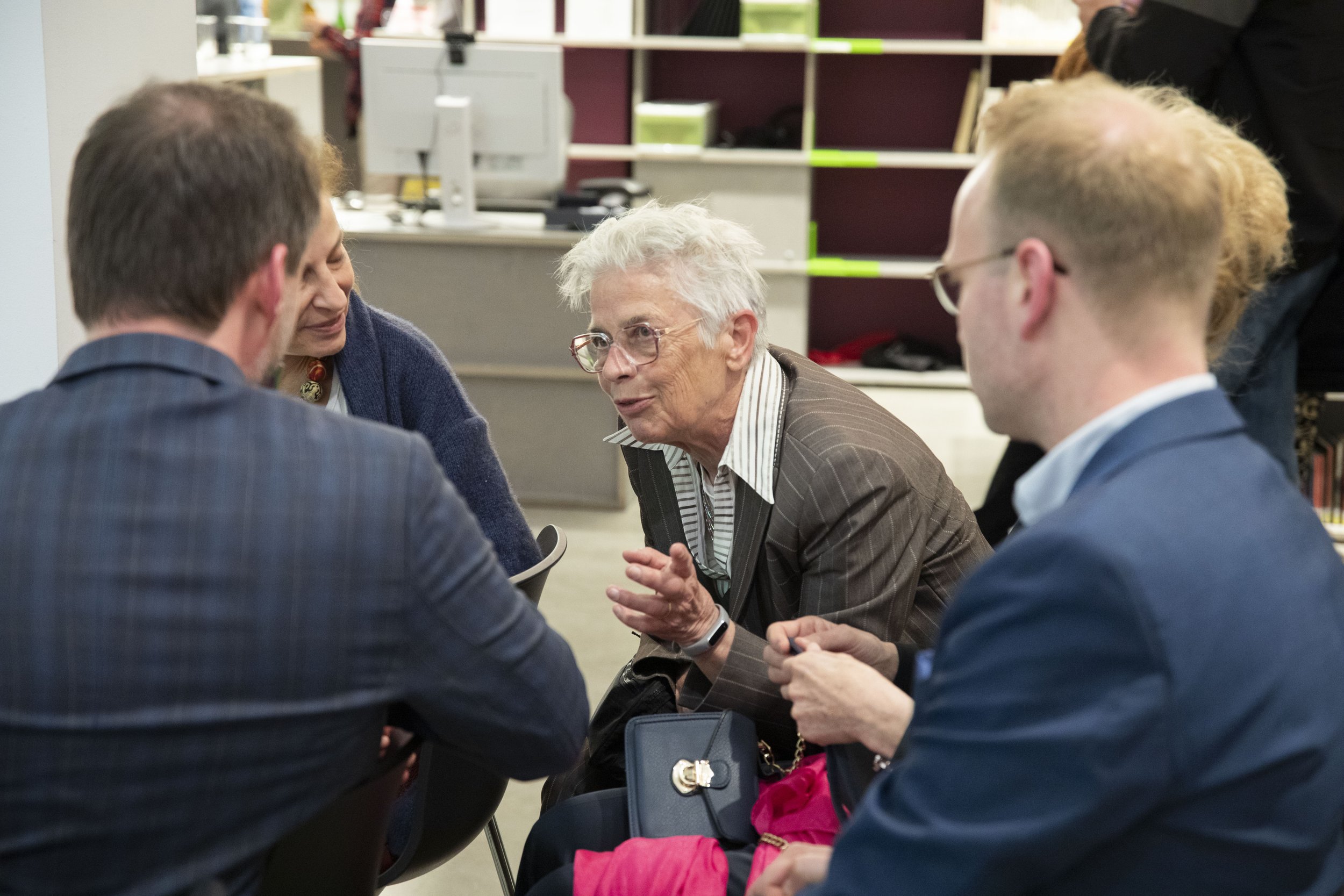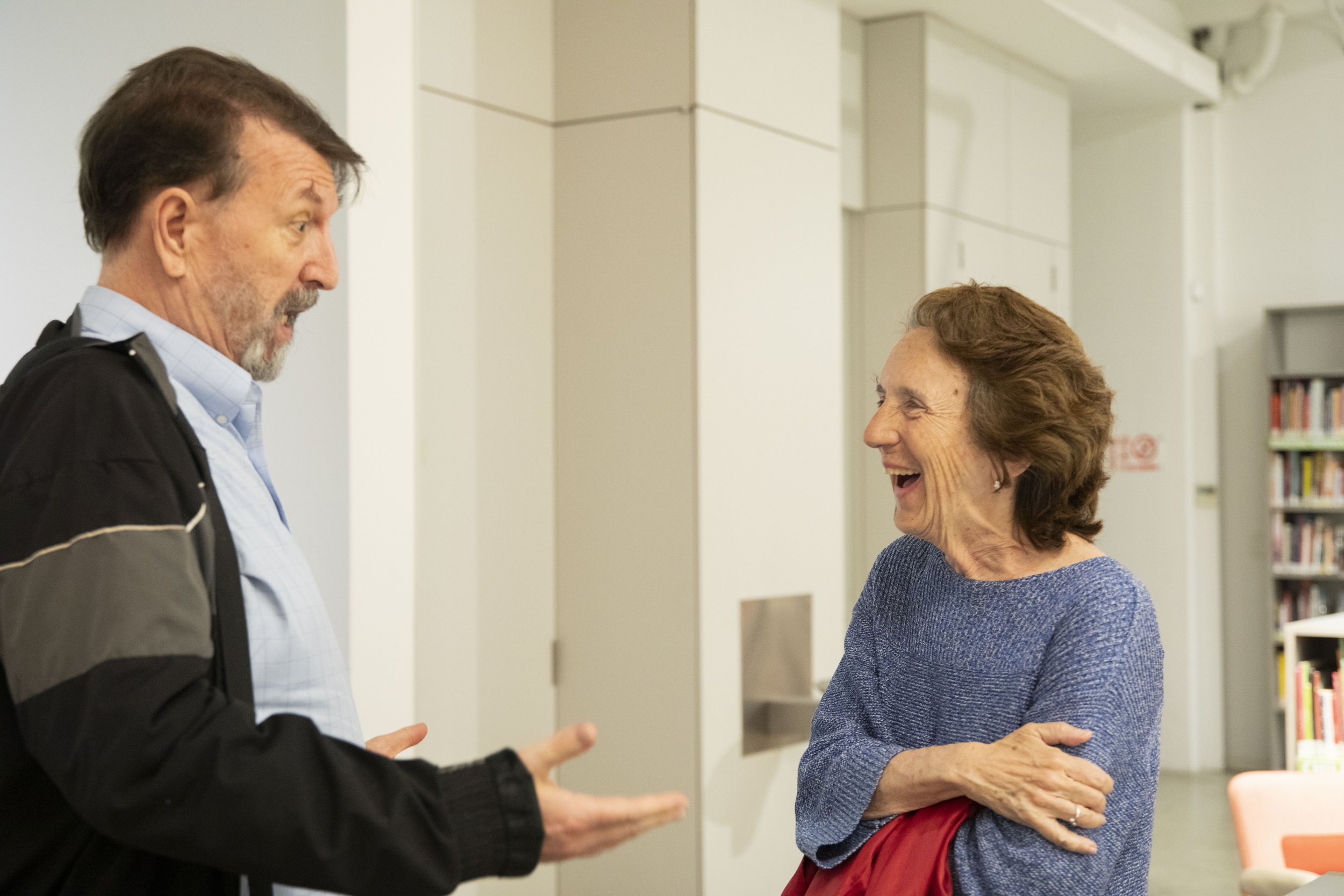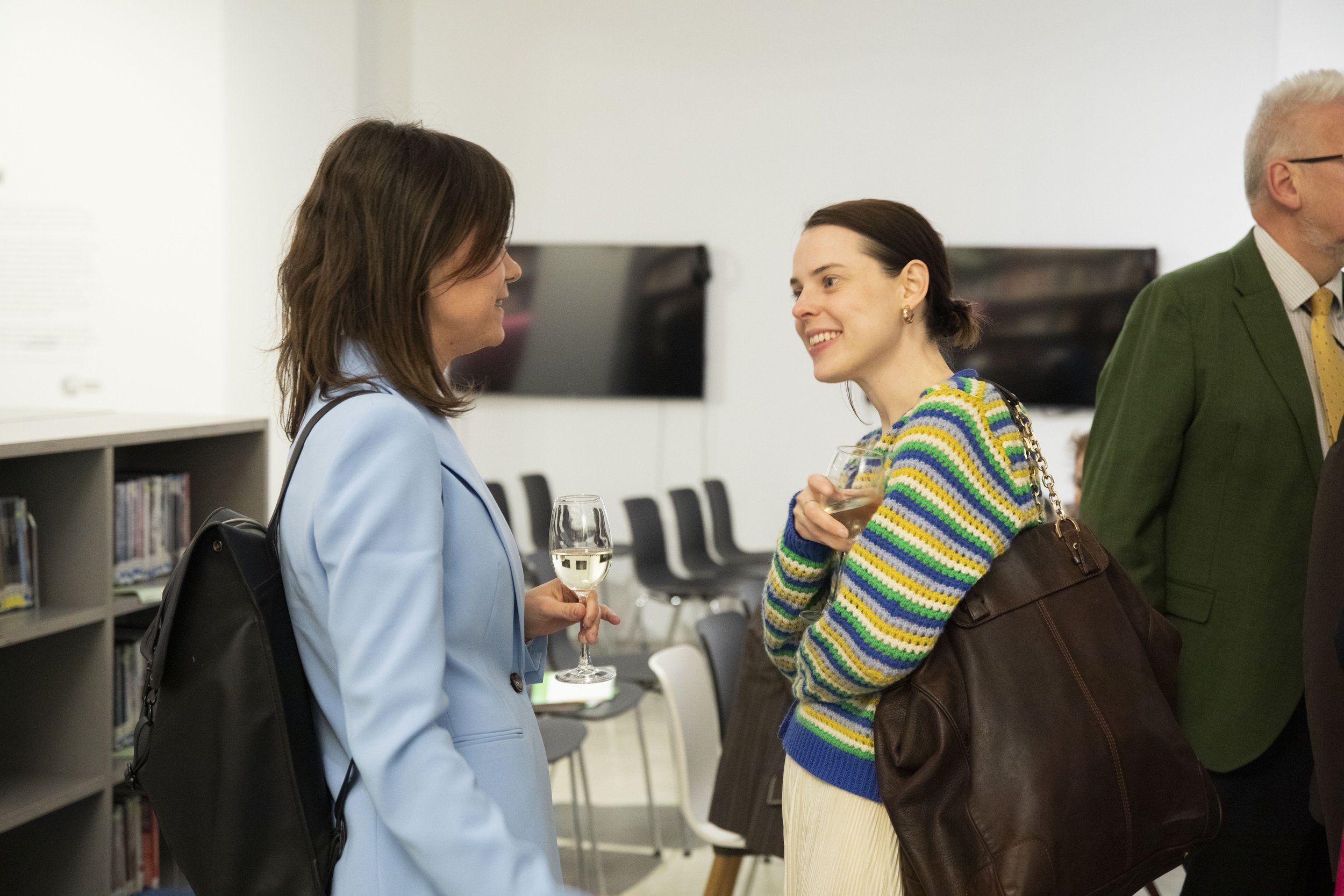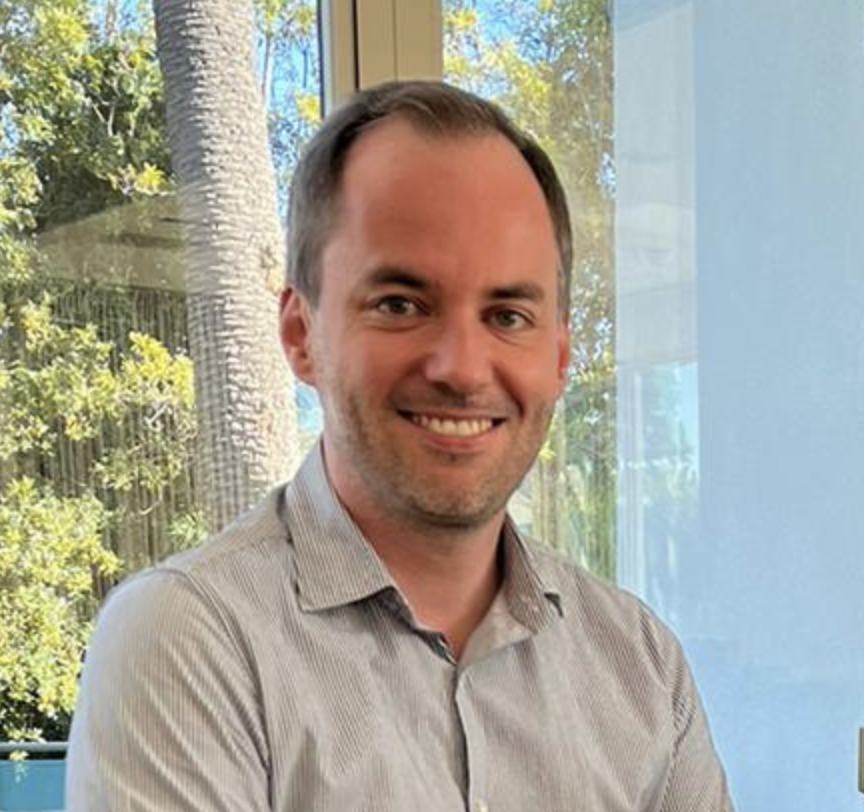Freedom of the arts is essential for any democracy, but what role do the arts play when democracies come under pressure? Through four concerts and talks in New York City, the program indulged in the works and stories of composers who went into exile, sharing their music, and asking how democracies and the arts relate today.
The Welcome & Keynote at Goethe-Institut New York: “Opera and Democracy” by Kai Hinrich Müller was followed by a conversation about the past and present of being forced out of a country or a home and the struggles to continue artistic practices elsewhere. Moderated by Olivia M. Al-Slaiman.
Brigid Cohen, Associate Professor of Music at New York University. She has taught and published on the politics of 20th-century avant-gardes, archive studies, diaspora and cosmopolitanism theory, 20th-century German-Jewish thought, histories of genocide, and intersections of music, literature, and the visual arts. Her second monograph, “Musical Migration and Imperial New York: Early Cold War Scenes,” was published with University of Chicago Press in April, 2022.
Gracie Golden is Artistic Freedom Initiative’s Senior Officer for Strategic Initiatives & Relocation, providing resettlement support across programs. She has dedicated her career to the intersection of art, cultural heritage, and human rights. Led by immigration and human rights attorneys, Artistic Freedom Initiative facilitates pro bono immigration representation and resettlement assistance for international artists at risk.
Michael P. Steinberg, Brown University, Barnaby Conrad and Mary Critchfield Keeney Professor of History and Music, Professor of German Studies, author of “The Afterlife of Moses: Exile, Democracy, Renewal”
This festival is generously supported by the Friends of Freiburg University, New York.
Photos by: Jamie Isaacs
Biographies
Brigid Cohen is a historical musicologist who specializes in the historiography of music and musicians in migration. Her research and teaching examine the mass dislocation of peoples over the last two centuries, addressing conditions of empire, globalization, genocide, exile, and minoritized citizenship. This intellectual program stems from her conviction that music assumes special value under the pressure of conditions of uprooting. Music serves as a mode of self-fashioning, secures new (and old) community bonds, and brings individuals together in listening, speech, and action. It also interacts in variegated ways with the silences that emerge from troubled sites of memory.
Gracie Golden serves as Artistic Freedom Initiative’s Senior Officer of Strategic Initiatives & Relocation, providing resettlement support across programs. She has dedicated her career to the intersection of art, cultural heritage, and human rights. Ms. Golden has six years’ experience coordinating initiatives for the University of Pennsylvania’s Penn Cultural Heritage Center, and has contributed to research and curatorial projects at the Smithsonian Cultural Rescue Initiative. Prior to joining AFI, Ms. Golden received an MA in anthropology from the University of Pennsylvania. She also holds a BA in anthropology and the history of art from Johns Hopkins University.
Michael P. Steinberg is the Barnaby Conrad and Mary Critchfield Keeney Professor of History, and Professor of Music and German Studies at Brown University. From 2016 to 2018 he served as president of the American Academy in Berlin. At Brown he served as the founding director of the Cogut Center for the Humanities (2005-2015) and as Vice Provost for the Arts (2015-16). His books include The Trouble with Wagner (Chicago, 2018) as well as the edited volume Makers of Jewish Modernity (Princeton, 2016; winner of the National Jewish Book Award for non-fiction); Listening to Reason: Culture, Music, and Subjectivity in 19th-Century Music (Princeton, 2004), and The Meaning of the Salzburg Festival (Cornell, 2000), of which the German edition (Ursprung und Ideologie der Salzburger Festspiele; Anton Pustet Verlag, 2000) won Austria's Victor Adler Staatspreis in 2001.
Born 1985 in Stuttgart, Kai Hinrich Müller is one of the emerging festival makers at the intersection of scholarship and practice. His work fosters cultural dialogues across continents and connects him with renowned institutions in Europe and the United States. He is the director of the BAUHAUS MUSIC FESTIVAL in Berlin and the TEREZÍN MUSIC ACADEMY in the former ghetto of Theresienstadt, an initiative of MUSICA NON GRATA, for which he has curated numerous programs on artists persecuted by the Nazis. He has held several fellowships in Germany and the US, most recently at the Thomas Mann House in Los Angeles, where he initiated the transatlantic festival series OPERA & DEMOCRACY. Kai studied musicology, law and business administration (PhD 2013; habilitation 2022) and teaches at the Cologne University of Music and Dance. His current research interests include Richard Wagner and the Bayreuth Circle, antisemitism in music history, musical life in the interwar and Nazi years, the ensuing period of exile in North America, as well as transatlantic opera traditions.
In cooperation with the Manhattan School of Music.
The events will be hosted by 1014 – space for ideas, Austrian Cultural Forum New York, Goethe-Institut, and Leo Baeck Institute - New York | Berlin. Presented by Thomas Mann House and curated by Thomas Mann Fellow Kai Hinrich Müller.

